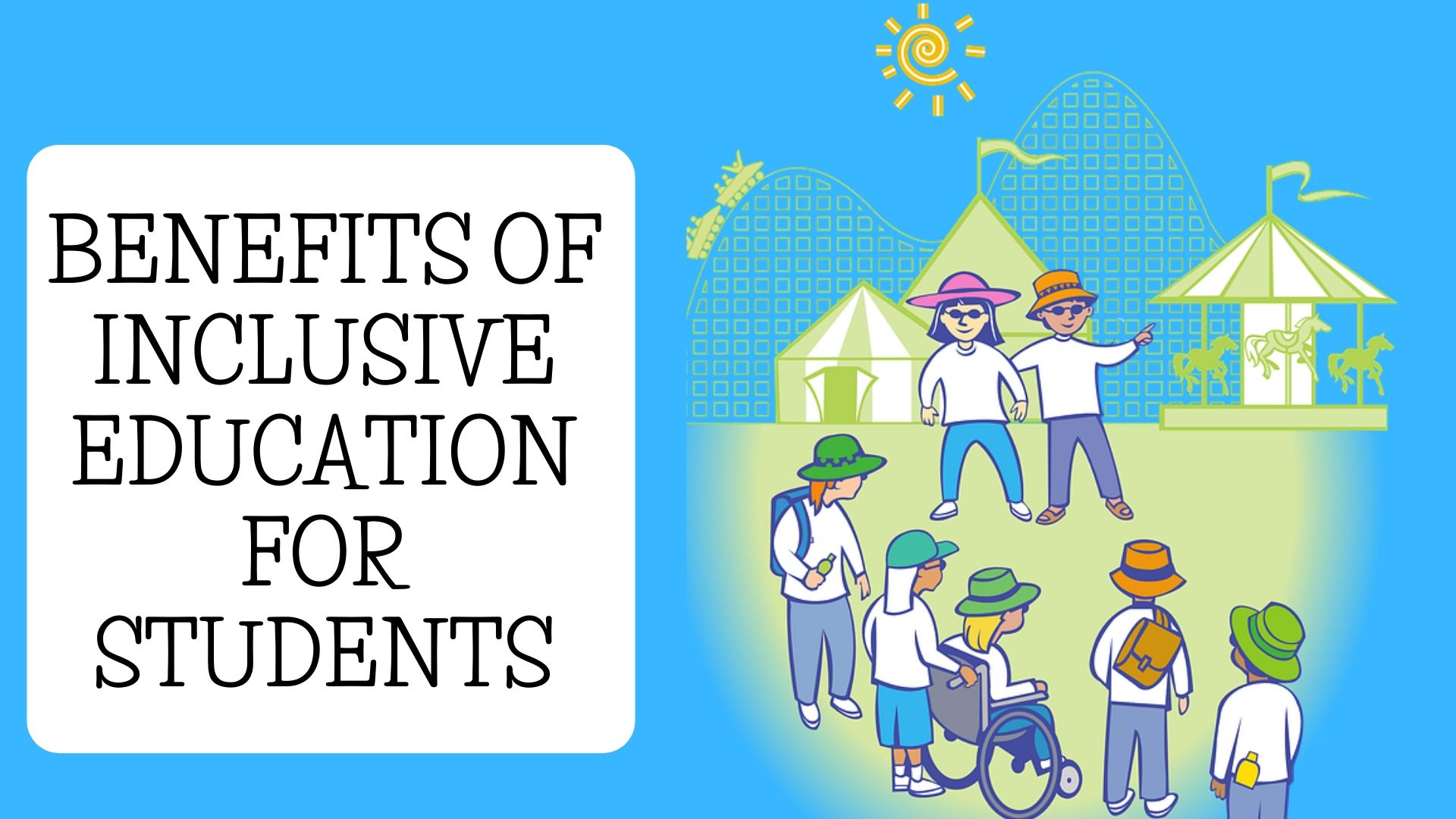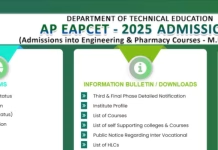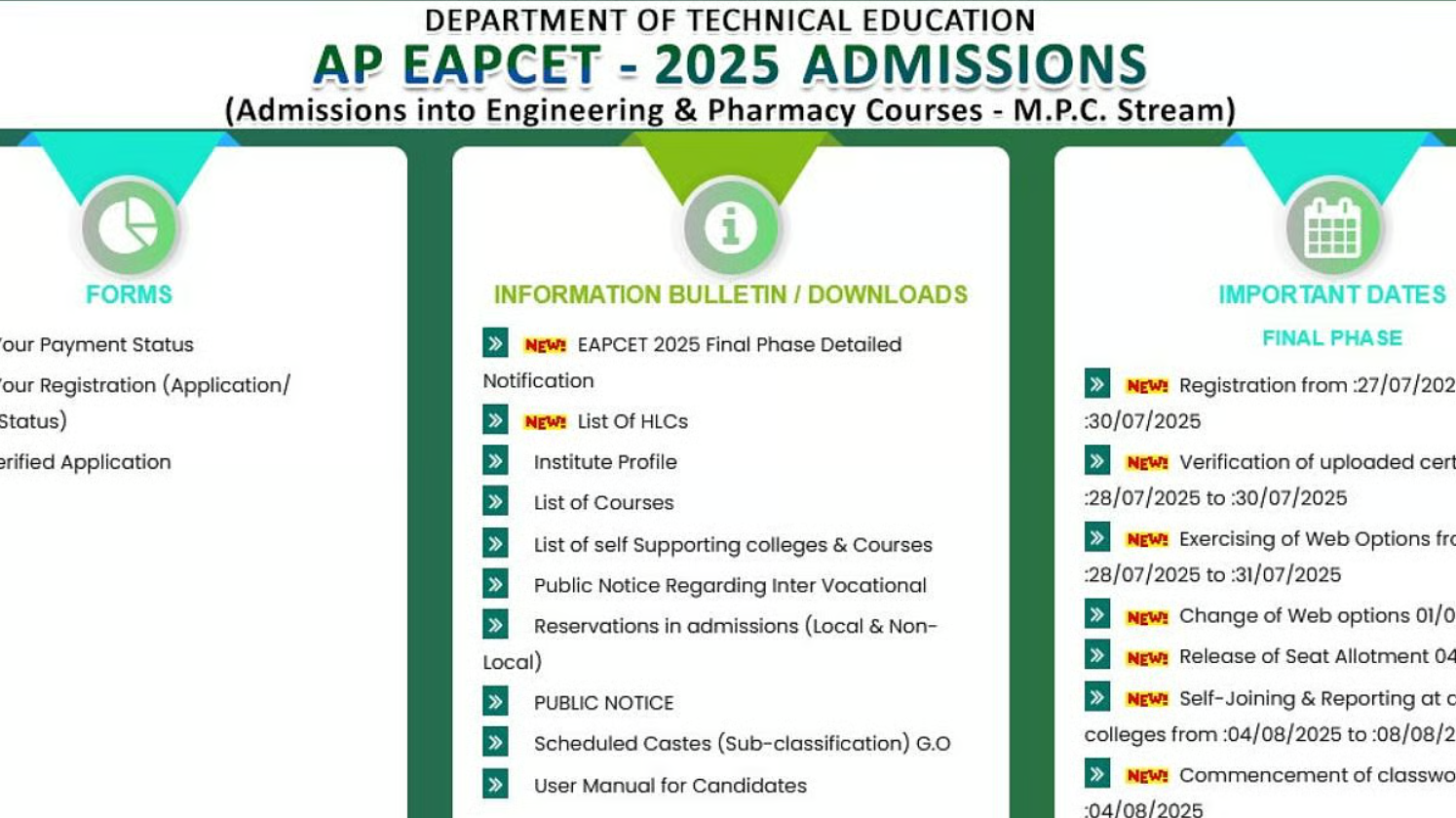The Benefits of Inclusion for Students with Disabilities
Inclusion is a concept that emphasizes the importance of providing equal opportunities for students with disabilities to participate in mainstream educational settings. It promotes the idea that every student, regardless of their abilities, should be able to learn and grow alongside their peers. In this article, we will explore the numerous benefits of inclusion for students with disabilities.
Enhanced Social Skills and Peer Relationships
One of the key advantages of inclusion is the opportunity for students with disabilities to develop and enhance their social skills. By interacting with their non-disabled peers daily, these students have the chance to learn from their peers, observe appropriate social behaviors, and build meaningful relationships. This inclusive environment fosters a sense of belonging and acceptance, promoting positive social interactions and reducing feelings of isolation.
Improved Academic Performance
Contrary to popular belief, inclusion can lead to improved academic performance for students with disabilities. When provided with appropriate support and accommodations, these students can thrive in the regular classroom setting. Inclusion allows them to access the same curriculum as their peers, receive quality instruction, and benefit from the expertise of trained teachers. This inclusive approach encourages higher expectations and promotes a positive learning environment, ultimately leading to academic growth and success.
Promotion of Empathy and Understanding
Inclusion not only benefits students with disabilities but also has a positive impact on their non-disabled peers. By being exposed to individuals with different abilities, students without disabilities develop empathy, understanding, and acceptance. They learn to appreciate diversity and recognize that everyone has unique strengths and challenges. This increased awareness fosters a more inclusive society, where individuals with disabilities are valued for their abilities rather than stigmatized for their differences.
Preparation for Real-World Inclusion
Another significant advantage of inclusion is that it prepares students with disabilities for life beyond the classroom. Inclusive education provides them with the necessary skills, knowledge, and experiences to navigate a world that is not exclusively made up of individuals with disabilities. By being part of inclusive classrooms, these students learn to advocate for themselves, develop self-confidence, and acquire the skills needed to succeed in higher education, employment, and independent living.
Supportive Learning Environment
Inclusion fosters a supportive learning environment where all students feel valued and respected. It encourages collaboration, teamwork, and mutual support among students. In an inclusive classroom, students with disabilities are not seen as burdens or outliers but as valuable contributors to the learning community. This positive and inclusive atmosphere benefits all students, promoting a sense of belonging, acceptance, and overall well-being.

Inclusion offers numerous benefits for students with disabilities, ranging from enhanced social skills and improved academic performance to the promotion of empathy and preparation for real-world inclusion. By embracing inclusion, we create a more inclusive society where everyone has equal opportunities to learn, grow, and succeed. Let us continue to strive for inclusive education and provide an environment that celebrates diversity and fosters the potential of every student.
Frequently Asked Questions
1. What is inclusion in education?
Inclusion in education refers to the practice of educating students with disabilities alongside their typically developing peers in regular classrooms.
2. What are the benefits of inclusion for students with disabilities?
Students with disabilities benefit from inclusion by having access to a general education curriculum, improved social skills, increased self-esteem, and opportunities for meaningful friendships.
3. How does inclusion support academic growth?
Inclusion supports academic growth by providing students with disabilities the chance to learn from and with their peers, receive appropriate accommodations, and access a variety of teaching strategies.
4. Does inclusion have positive effects on social development?
Yes, inclusion has positive effects on social development as students with disabilities have more opportunities to interact and form relationships with their non-disabled peers, fostering social skills and acceptance.
5. Can inclusion improve the self-esteem of students with disabilities?
Yes, inclusion can improve the self-esteem of students with disabilities by promoting their sense of belonging, recognizing their abilities, and encouraging their active participation in classroom activities.
6. What role does inclusion play in fostering friendships?
Inclusion plays a crucial role in fostering friendships as it allows students with disabilities to form meaningful relationships with their peers, promoting empathy, understanding, and acceptance.
7. Are there benefits for typically developing students in inclusive classrooms?
Absolutely! Typically developing students in inclusive classrooms benefit from increased empathy, tolerance, and understanding of diversity, as well as improved academic and social skills.
8. How does inclusion promote a sense of belonging?
Inclusion promotes a sense of belonging by ensuring that students with disabilities are fully integrated into the school community, participating in all aspects of school life alongside their peers.
9. Can inclusion enhance the overall school environment?
Yes, inclusion can enhance the overall school environment by fostering a culture of acceptance and respect, promoting diversity, and creating a supportive and inclusive atmosphere for all students.
10. What are some strategies to support successful inclusion?
Some strategies to support successful inclusion include individualized accommodations, collaboration between teachers and specialists, fostering peer support, and providing professional development for educators.




